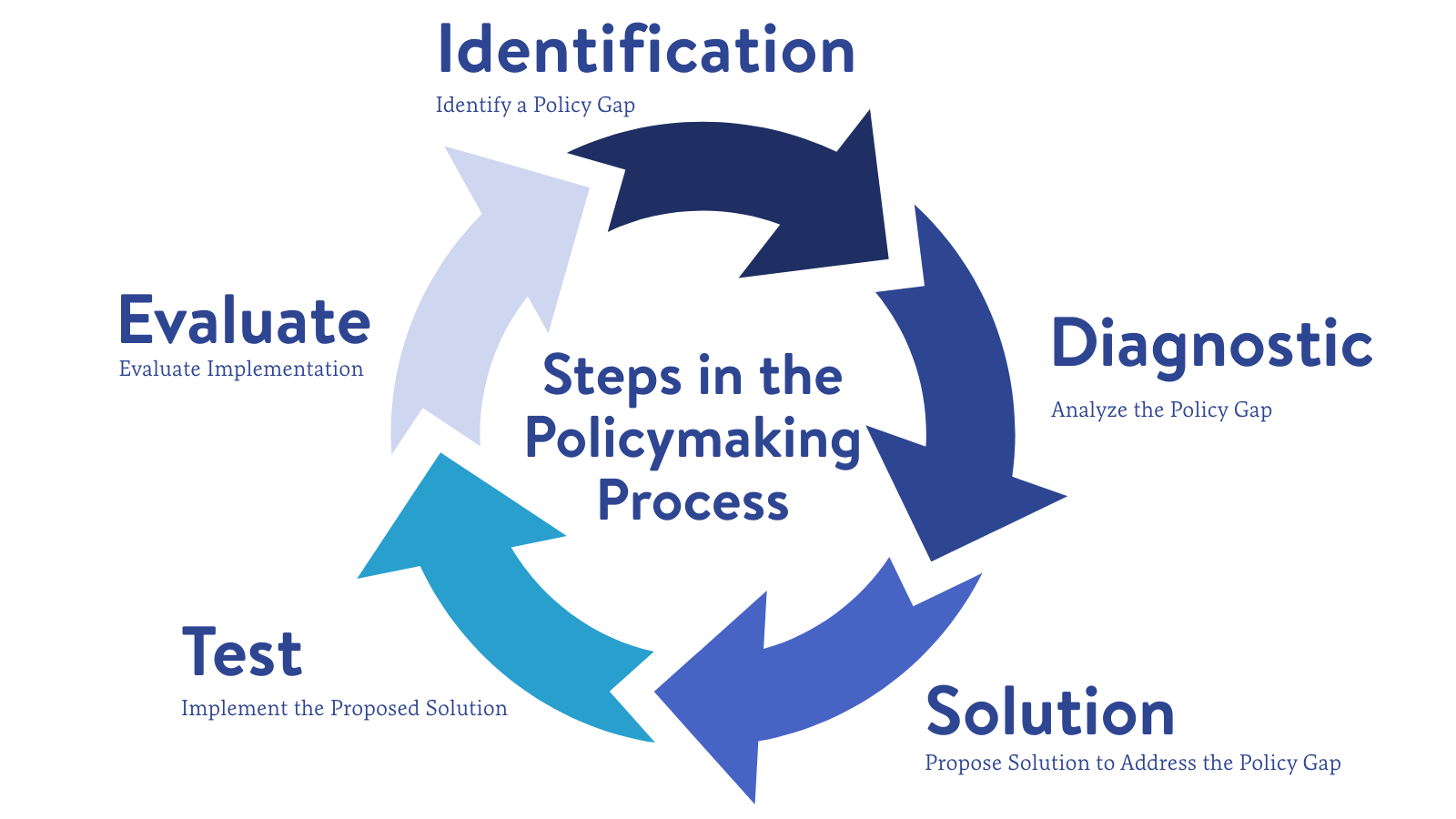CASE STUDY
Grassroots Policy Incubator
LOCATION
New York, NY
ISSUE
Promoting Opportunity
ACTIVE
2024-present
Tapping into the power of small, community-based organizations, the Grassroots Policy Incubator provides funding, partnership and coaching, capacity-building, and other resources to grassroots efforts that are identifying and developing innovative solutions to pressing policy challenges facing New York City.
Challenge:
With their established relationships, trust, and firsthand knowledge of their communities, grassroots organizations are often well-positioned to effect meaningful change. In a city as diverse as New York, community-based organizations (CBOs), and particularly grassroots CBOs, often draw on this expertise to identify challenges in their community and have unique insights on the most effective strategies to address them. Grassroots leaders or organizations are those that are led by members of the community the organization serves and that intentionally engage their broader community in determining their organizational goals and approaches or recommendations to challenges facing their communities.
At the same time, many grassroots CBOs encounter barriers that make it difficult to meaningfully participate in policy and practice. This is largely due to complex funding requirements that grassroots CBOs are unable to meet and, relatedly, their ability to build out capacity and programming amidst competing demands and limited resources. Many funding sources, both public and private, require time, fundraising expertise, and internal systems that grassroots CBOs often lack. By providing flexible funding to grassroots CBOs to develop both programming and infrastructure, funders can unleash their potential to address social challenges through effective, community-driven solutions.
Approach:
Within this context, CUNY ISLG, in collaboration with New York City Mayor’s Office for Economic Opportunity (NYCO), launched a pilot funding opportunity in late 2024. The Grassroots Policy Incubator (GPI) was designed to build up community leaders and CBOs who were developing innovative solutions to pressing policy challenges facing New York City communities. The GPI aimed to create a model that can harness the expertise of these leaders and provide partnerships and other resources to support them.
The GPI’s design was informed by a framework to develop and advance policy known as the Steps in the Policymaking Process. In this context, incubation is defined as a process for identifying and developing an approach or recommendation that address a community programmatic or policy challenge (identification) by taking the time to analyze the reasons why the challenge exists (diagnostic), develop a response to address it (solution), implement the proposed solution (test), and evaluate the implementation’s success (evaluate).
Progress:
ISLG officially launched the GPI in April 2025, bringing these three grassroots organizations together in-person for the first time. Over six months, ISLG staff and the GPI grantees met one-on-one and as a learning community to analyze their policy gaps and discuss approaches to addressing them. They also participated in community conversations and met with experts in relevant policy fields. Additionally, the grantees engaged in group and individual Training and Technical Assistance (TTA) through ISLG or an external partner to address their broader organizational needs, such as data analysis, communications, or fundraising.
Learn more about the selected organizations below, and what they accomplished on our blog.
-
The Flossy Organization is based in Canarsie and helps build civic engagement and advocacy skills among neighborhood residents. Through intergenerational civics training, grassroots mobilization, and building awareness and mobilization around social justice, the Flossy Organization has activated 600 volunteers and helped secure $1.6 million in funding for community-based anti-violence programming in Canarsie.
-
Immigrant Children Advocates’ Relief Effort (ICARE) is a coalition of legal advocates dedicated to expanding access to legal representation for immigrant children facing deportation in New York City, while advocating for universal access to counsel. Since 2014, ICARE has obtained relief (including preventing deportation and helping obtain additional humanitarian supports) for over 1,500 children in immigration court, and their work is more essential than ever today as migrants face unrelenting hostility and cruelty from the federal government.
-
The Survivors Justice Project (SJP) is a collective of activists, lawyers, social workers, students, and researchers fighting for decarceration through the New York Domestic Violence Survivors Justice Act (DVSJA). The DVSJA, a 2019 New York State law, recognizes that criminalization disproportionately affects survivors of domestic violence and allows judges to sentence survivors convicted of criminal offenses to shorter prison terms and, in some cases, community-based alternative-to-incarceration programs. The law also allows survivors currently in prison the opportunity to apply for resentencing. SJP works to identify survivors eligible for sentencing relief under DVSJA, works with legal system stakeholders to support SJP implementation, and gathers information and data about DVSJA for advocates working to pass similar policies outside New York.
The GPI concluded with a final event where each organization shared their progress towards addressing their respective community or policy challenge. As a pilot initiative, the lessons learned from the GPI are a unique and insightful resource for developing holistic, impactful funding for grassroots policy development with high return-on-investment (ROI) in the future.
Contact Senior Policy Associate Evan Goldstein or Policy Program Director Patrick Hart for more information.
In fall 2024, ISLG opened a proposal solicitation for grassroots leaders interested in applying to the GPI. The opportunity offered up to $40,000 to grassroots leaders to participate in a six-month incubation process to develop an approach or recommendation that addresses a policy gap or challenge in an NYC community. The goal was to create a deliverable that was progressing to or at the “test phase” of the Steps in the Policymaking Process, as well as provide the CBO with individualized capacity-building support to address broader needs related to their chosen policy gap and connect them with a network of stakeholders to support their programs.
Three organizations were selected by a review committee to participate in the pilot GPI. Eligibility to apply for the GPI included specific guidelines around organizational size to ensure small organizations were prioritized. Many qualified organizations applied, confirming the need for this type of investment.





